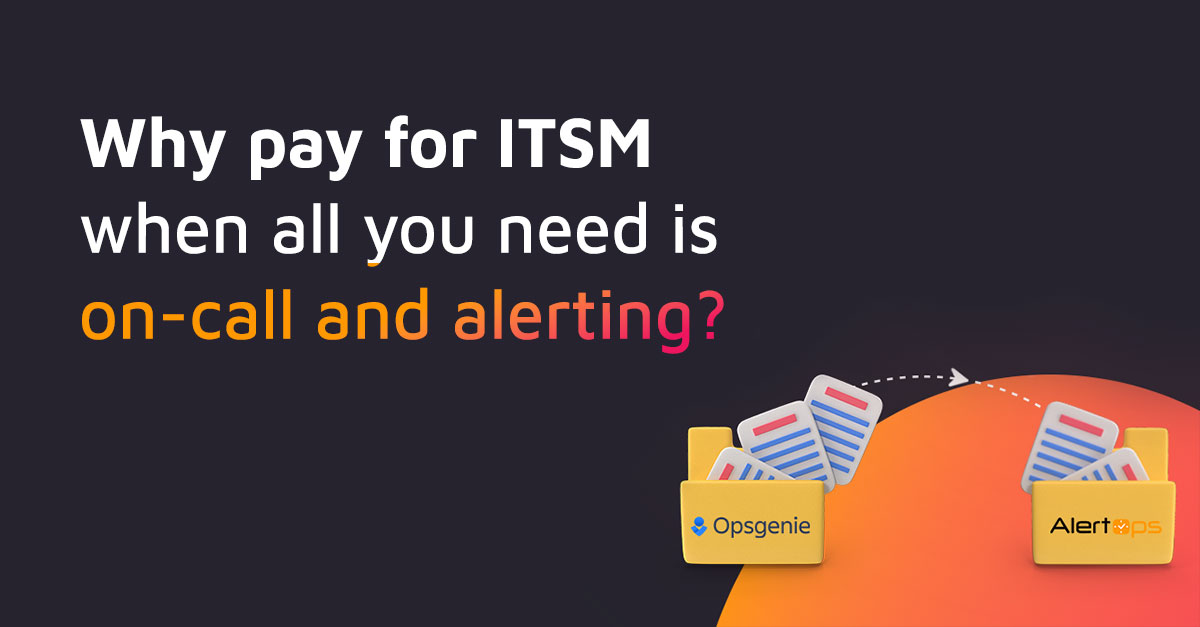Workflows are triggers to actions, and as such, play key roles in incident management. In fact, workflows may be used for any of the following reasons:
- Expand on alert management.
- Notify team members or managers when no one has taken an assignment or when an incident is running up against a service-level agreement (SLA).
- Create a ticket in a help desk system when an alert is received.
- Close a ticket in a help desk system when an alert has been closed.
Generally, workflows are triggered by an event, such as a change in status or the passage of a specific amount of time. The overall effectiveness of workflows, however, depends on the incident management system that an organization has in place.
Believe it or not, most incident management system workflows are complex and ineffective. They frequently empower incident management teams to escalate incidents, but these escalations usually look something like this:
- When an incident is created, notify Jerry.
- 30 minutes after notifying Jerry, notify Jeff.
- 30 minutes after notifying Jeff, notify Jeff’s mother … and so on …
AlertOps workflows are more than just ordinary escalations. The AlertOps incident management and alert escalation software leverages a Workflow engine that powers all incident escalations, ensuring that you can send a notification to JIRA or other external systems any time an event occurs.
With AlertOps workflows, you can quickly and effortlessly perform the following tasks:
- When an incident is created, you can open an issue.
- When an incident is assigned, you can update the issue status.
- When an incident is resolved, you can close the status.
All of the aforementioned workflow tasks can be done in JIRA or any other system via the AlertOps REST API. Configure an outbound integration in AlertOps, and you can send notifications to JIRA or any other system and plug these calls into workflows.
AlertOps incident workflows are just one of the many features that make life easier for incident management teams. In addition to improving workflow and process management for your IT operations, AlertOps helps incident management teams set up custom message routing rules, escalations and much more, driving increased productivity and efficiency.
Not yet convinced? Well, in Part 9 we discuss the difference in how AlertOps approaches IT Ops systems standardization.



